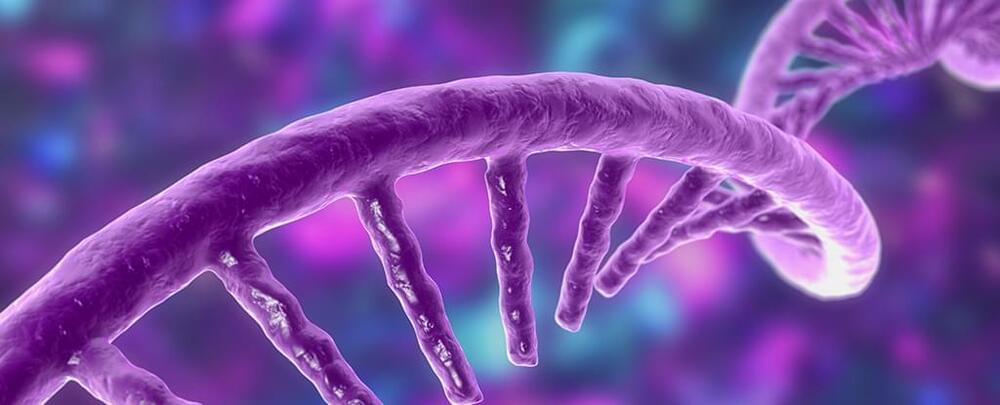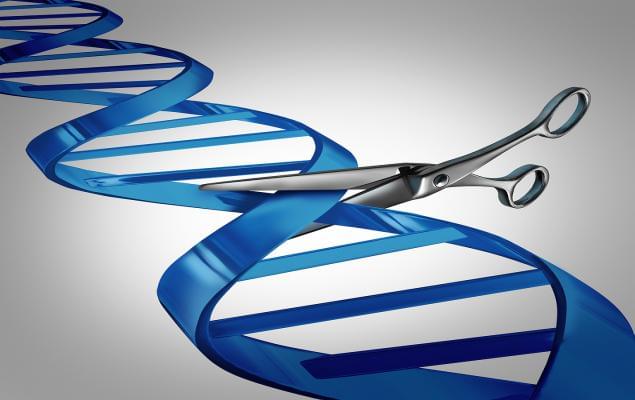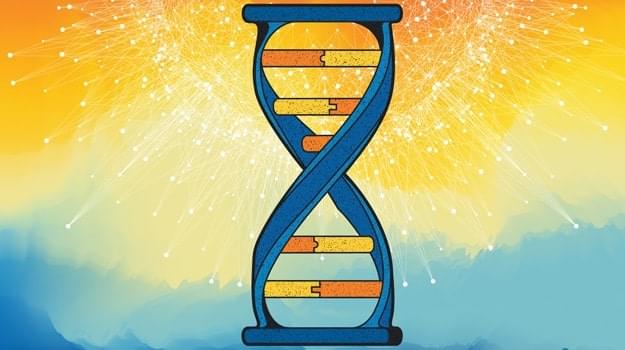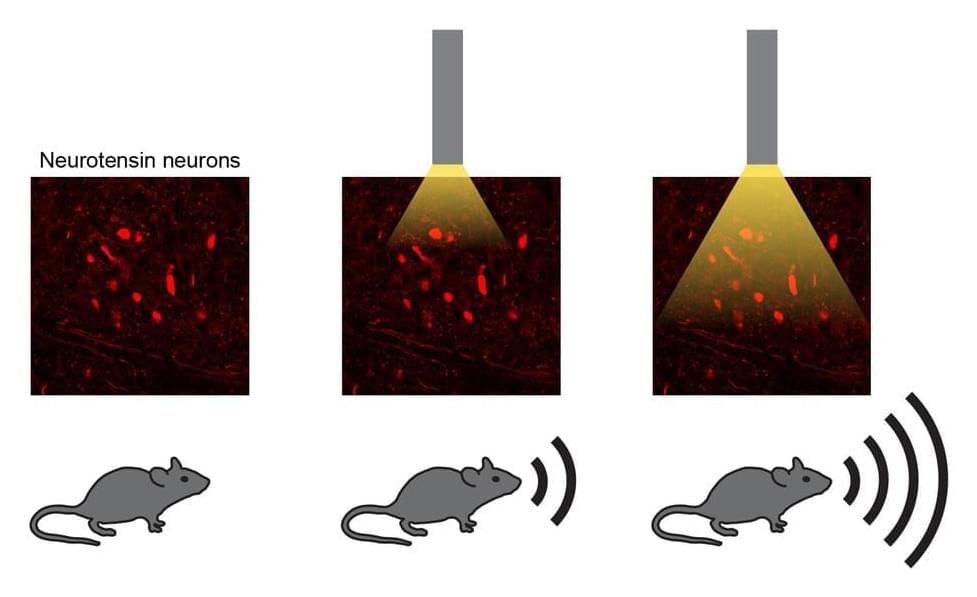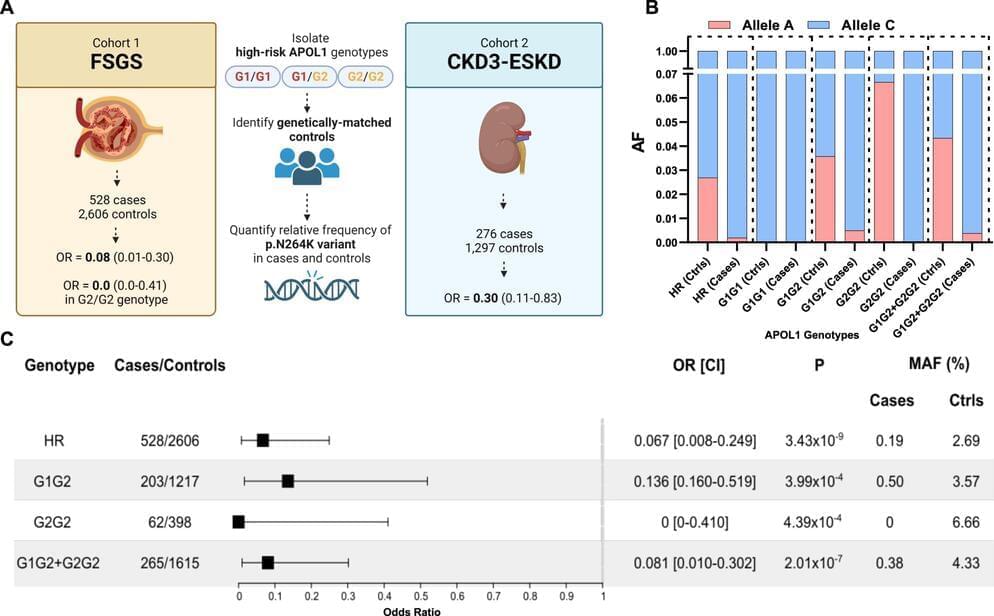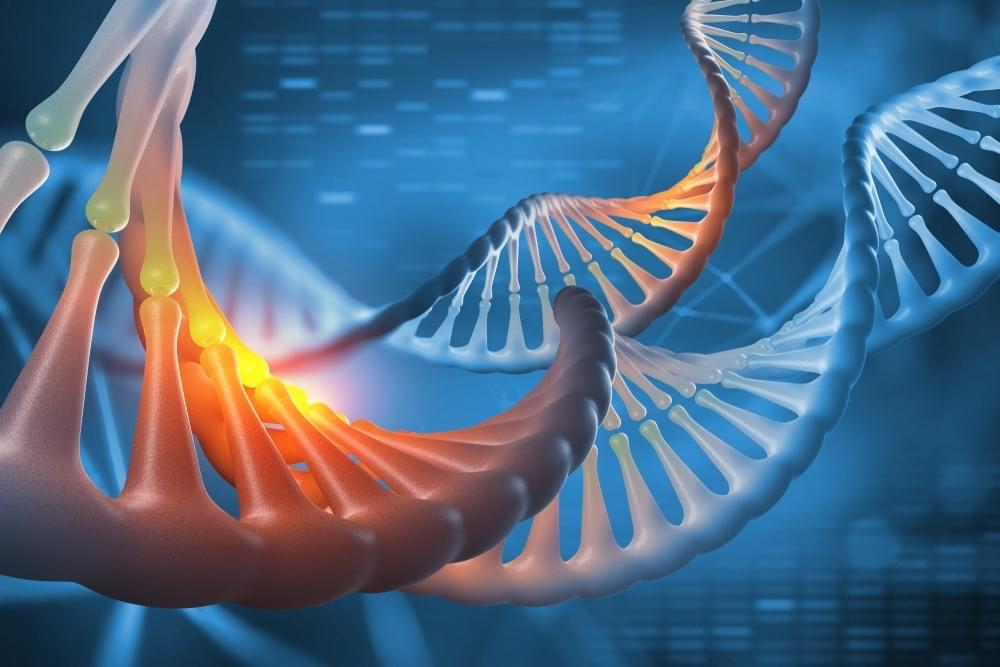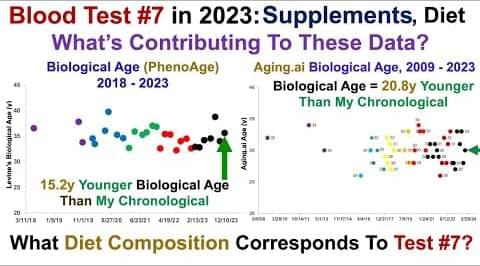Dec 12, 2023
Scientists Reveal a New Way Our DNA Can Make Novel Genes From Scratch
Posted by Paul Battista in categories: biotech/medical, genetics
Scientists have discovered how our DNA can use a genetic fast-forward button to make new genes for quick adaptation to our ever-changing environments.
During an investigation into DNA replication errors, researchers from Finland’s University of Helsinki found that certain single mutations produce palindromes, which read the same backward and forward. Under the right circumstances, these can evolve into microRNA (miRNA) genes.
These tiny, simple genes play a significant role in regulating other genes. Many miRNA genes have been around for a long time in evolutionary history, but scientists discovered that in some animal groups, like primates, brand-new miRNA genes suddenly appear.
